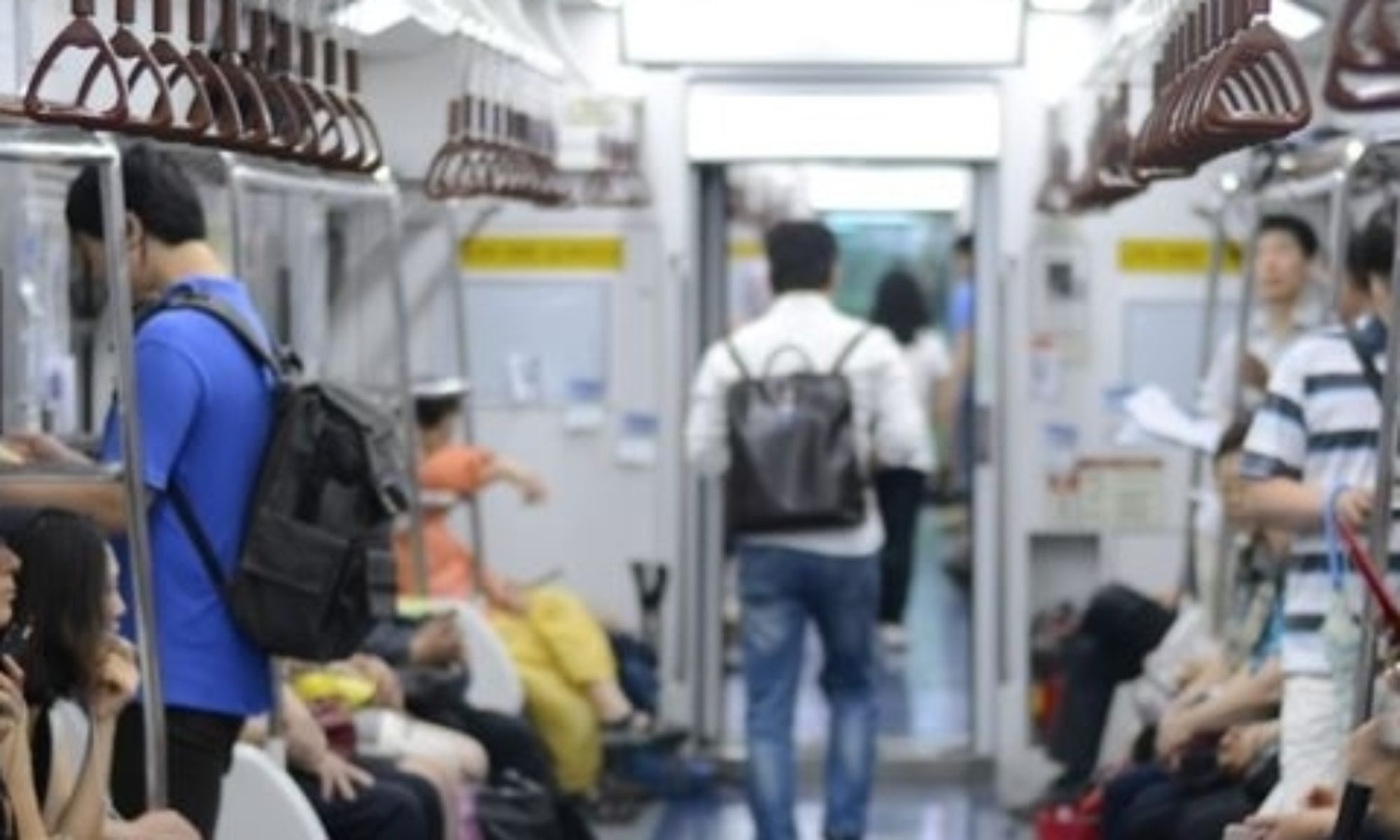Sub-Saharan Africa (SSA) Pilot Program
1 July 2018 – 30 September 2019
Amidst rapid urbanization and motorization in Africa, many cities in the region are facing escalating challenges of traffic congestion, air pollution, and road traffic crashes and injuries. Besides insufficient public transportation infrastructure and services, spatial patterns of peri-urbanization and sprawling metropolitan development increase travel burdens and greenhouse gas emissions. Sub-Saharan Africa, in particular, faces acute challenges in urban transport and land use planning that require urgent policy and planning responses. Moreover, the specificities of politics and urbanization— i.e. growing role of international donors and Chinese foreign investment, weak institutional structures, limited technical capacity, rife corruption, tribal and ethnic divisions— complicate the adoption of change policies. This project seeks to extend the TUT-POL research framework and its findings about the role of political leadership and governance in the implementation of path-breaking transportation policies in major cities around the world to inform—and re-calibrate—our understanding about transportation improvements, including their lack thereof, in sub-Saharan African cities. By raising awareness of the challenges and possibilities of transforming urban mobility and access, we further aim to encourage greater creativity in deliberations.
Key Research Questions
-
Where, when, and how have political leadership and governance been critical to the successful implementation of path-breaking transportation policies in sub-Saharan African cities?
-
What barriers (financial, political, leadership, and otherwise) prevent more fundamental urban transportation reforms, and how can they be transcended?
-
In what ways has the changing political economy of governance (democratization and decentralization reforms; pressures to develop global cityscapes; accelerating foreign investment in infrastructure) affected transportation and land use decision-making?
-
What types of strategies and tactics will be most likely to produce innovations in urban transportation and land use planning;?
-
To what extent can urban transport innovations be marshaled to enhance local institutional capacity and greater political accountability?

Deliverables from the Pilot Phase
-
Dissemination/training event for transport experts and city representatives to use TUT-POL research findings to promote and undertake transformative transport policy changes in SSA.
-
Pilot case studies (2) to investigate key research questions and yield insights on the opportunities and challenges of transferring/applying TUT-POL to SSA.
-
International workshop to consider how the TUT-POL framework could be further transferred to Sub-Saharan African cities and local university-based research center.
 Image of Dar es Salaam by Lily Song
Image of Dar es Salaam by Lily Song
Project Leadership and Organization
-
Project Initiator and Principal Funder: Volvo Research and Educational Foundations (VREF)
-
Coordinating Partner: German Development Agency (GIZ/TUMI) (in-kind/partial funding support)
-
Principal Investigator: Prof. Diane E. Davis, Harvard Graduate School of Design
-
Senior Project Staff: Lily Song, Lecturer, Harvard Graduate School of Design
-
Primary Research Partners: Faculty-led research teams from a range of African Universities (TBD)
Transforming Urban Transport Sub-Saharan Africa: The Role of Political Leadership
October 2019
This 80-page report synthesizes research findings from the TUT-POL Sub-Saharan Africa Project. It presents political strategies and tactics used in Sub-Saharan Africa’s major cities to advance transport priorities, a case-by-case and case note overview of how these were used to ensure the successful implementation of path-breaking transportation policies, and a comparative analysis of our three focused cases.
TUT-POL SUB-SAHARAN AFRICA PDF
Case Studies
 Accra, Ghana
Accra, Ghana
Launch of the Ghana Urban Transport Project that sought to address institutional, management, and regulatory issues to improve mass transit services, with acute attention to Bus Rapid Transit.
This is a story of Bus Rapid Transit’s (BRT) role as the primary urban transport in Ghana. The Accra case illustrates complex and compounded challenges. Deterred by the relative strength of the paratransit unions and associations, cultural norms of using trotros as their primary mode of mobility, and challenges with oversight and administration, the Accra case also demonstrates significant and pernicious challenges with implementation.
/ Written by Devanne Brookins
Full Accra, Ghana Case
 Dar es Salaam, Tanzania
Dar es Salaam, Tanzania
Initiation of the Dar Rapid Transit Agency to provide quality, accessible, and affordable mass transport system in order to enable poverty reduction, improve standard of living, and lead to sustainable economic growth for the residents of Dar es Salaam
This is the story of a city-led effort to improve transportation services, through a Dar Rapid Transit (DART) system. While the construction of the physical infrastructure was executed and operationalized, the lack of a clear process to procure a service provider constrained the performance of the system and handicapped its outcomes. Another consequence of the BRT intervention is the displacement of dala dala routes from the main arteries in the city along which DART operated.
/ Written by Asad Jan
Full Dar es Salam, Tanzania Case
 Kigali, Rwanda
Kigali, Rwanda
Introduction of regulatory limitations on minibuses to encourage larger-capacity bus fleets, of monopoly concessions for procuring service providers, and of a Transportation Master Plan to increase schedule bus routes and explore Bus Rapid Transit.
This is the story of significant change in improving urban infrastructure and transport since 2013. Not only has infrastructure expanded, but also the strategy developed to manage urban transport provision is being implemented with real success. Challenges remain in reaching into many residential neighborhoods, enforcing compliance with certain reforms, and sustaining strong public-private partnerships.
| Written by Stefano Trevisan


 Dakar, Senegal
Dakar, Senegal Kampala, Uganda
Kampala, Uganda Lagos, Nigeria
Lagos, Nigeria Luanda, Angola
Luanda, Angola Maputo, Mozambique
Maputo, Mozambique Nairobi, Kenya
Nairobi, Kenya Windhoek, Namibia
Windhoek, Namibia